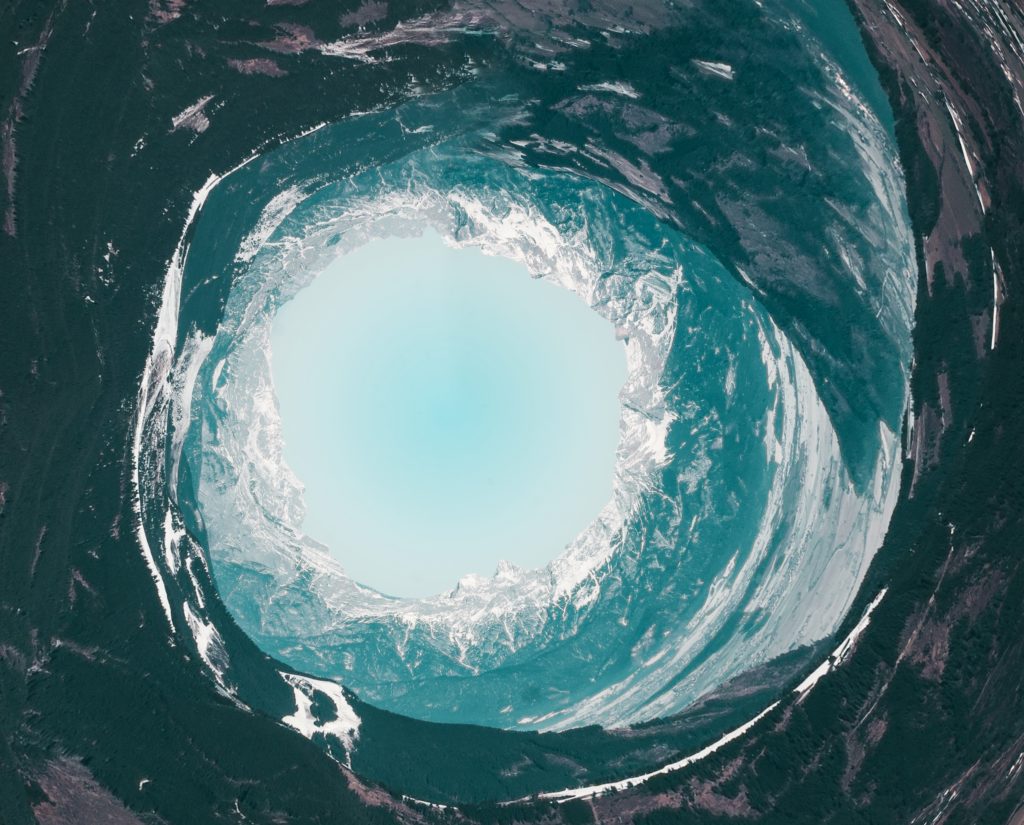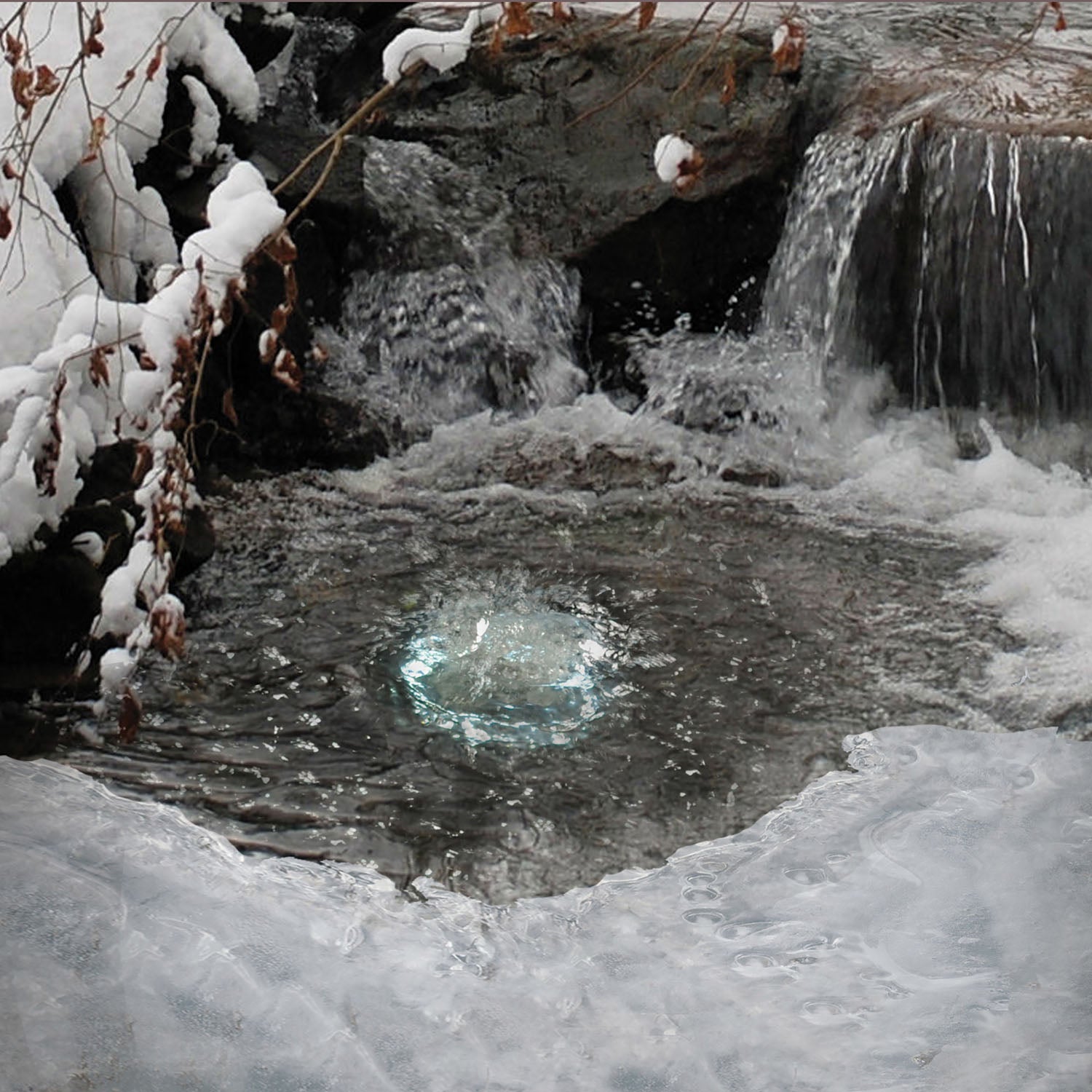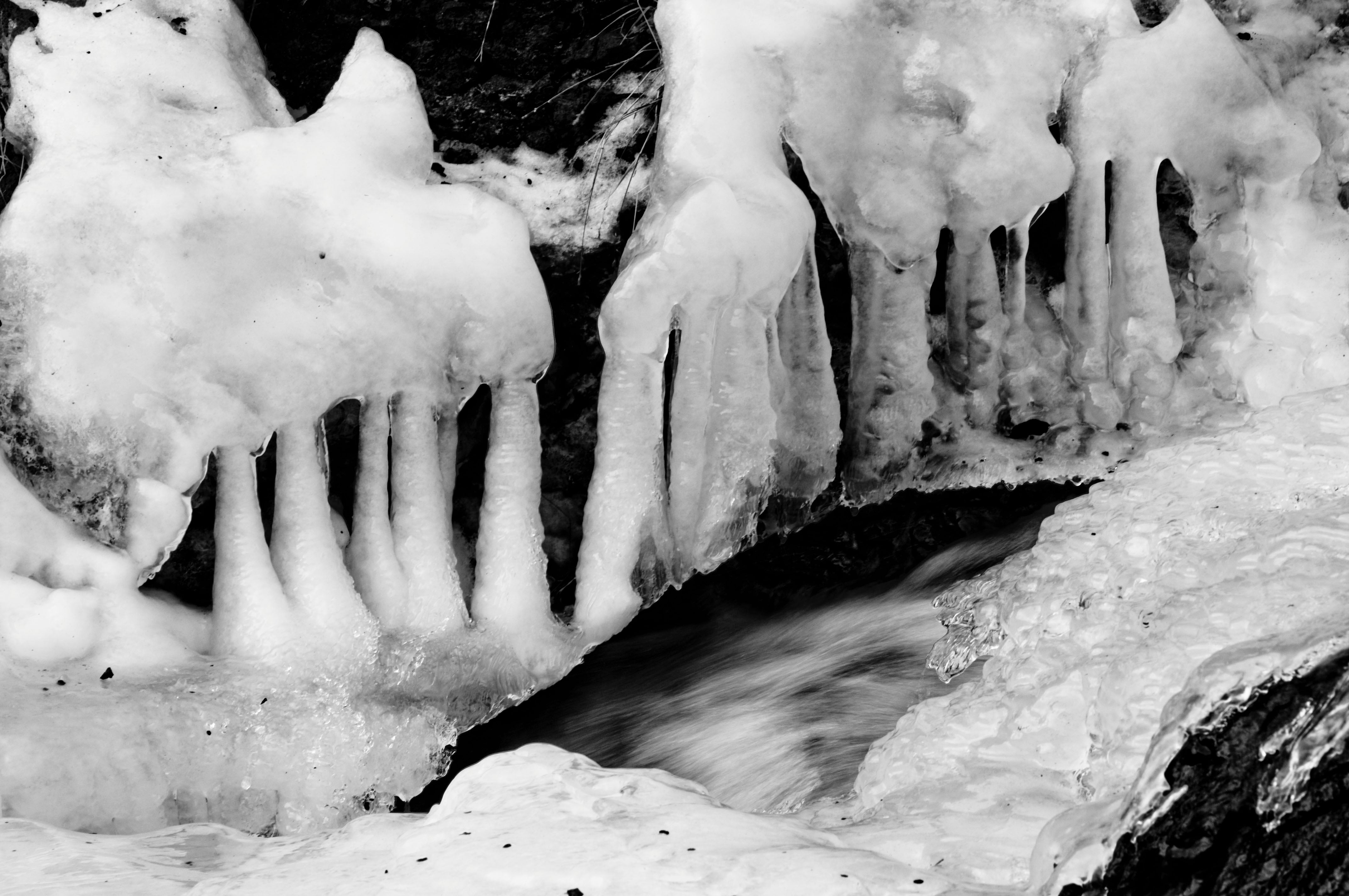
Pond Fish Health in Winter
Winter time for pond owners can seem like the great unknown in regards to fish care as daily fish feedings come to an end and the surface begins to freeze over. Here are a few tips to help you make sure your fish are at their best all season long.
Water Temperatures
Pond fish are naturally able to adapt to incredible ways to survive winters harsh temperatures. Your pond fish are cold blooded which means their body temperature and metabolism relies on the temperature of the water surrounding them. In winter, their activity will natural slow as the water becomes cooler. They will begin to move to the bottom of the pond where the warmest water is and the fish will gather closer together. Don’t be alarmed by not seeing them move in the manner you are accustomed to in warmer months these slower movements that look like they are floating in place is their healthy survival instinct. Because they move to the base of the pond, you will want to remove pumps from churning the water to create even temperature throughout.
Feeding Fish
As your pond fishes’ metabolisms begin to slow down, you should adjust your feeding schedule as temperatures decline as described here, and by the winter temperatures have set in they will have completely stopped eating. Pond fish have an incredible simple digestive tract, so any food they eat in these cool temperature will sit inside them without being properly digested causing sickness that could be fatal, so be sure to help them with their natural adaptation by adjusting their diet accordingly.
Water Quality
While your fish have adapted to the cold temperatures of winter, one thing for you to consider as always is maintaining high water quality. The most important element of water quality in winter the exchange in the water of toxins for oxygen. During winter, your fish still need dissolved oxygen in the water to breathe. Winter ponds tend to have high toxin levels from decaying plants and fish waste. By simply maintaining an opening in the ice that forms on the surface of the pond, will allow toxins to be released and oxygen to be dissolved in the water.
Predators
During winter, predators can find slow moving fish as sitting prey. To avoid this possibility, make sure your pond is deeper so that birds of prey can not reach the bottom of the pond where your fish have settled for the season. For predators that will enter the water, maintain the opening in the ice in an area too deep for critters to enter. You can also shield your fish by creating hiding places in the base of your pond for your fish to enter or by covering with pond netting.
Even though you don’t get to enjoy your fishes’ company as frequently as in warmer months, by taking these steps you know your fish will be happy and healthy as they greet you again when the snow and ice melt in spring.


